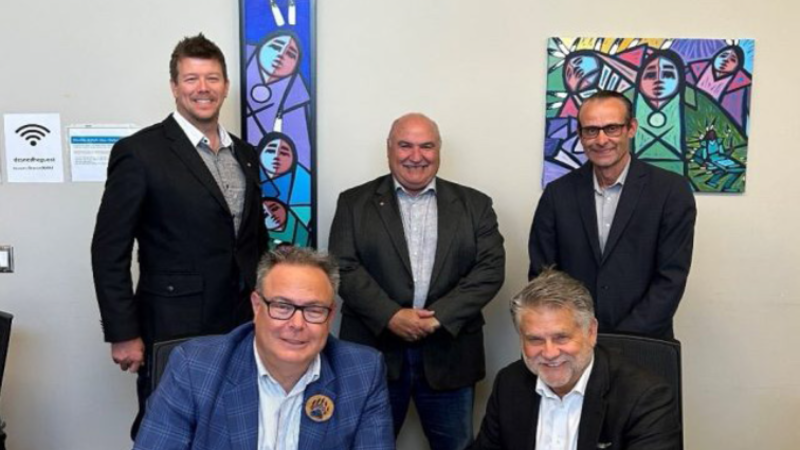Honest talk about PTSD
Post-traumatic stress disorder, or PTSD, can be caused by a constellation of circumstances — some affecting millions of folks, like the 9/11 terrorist attacks; others intensely personal, such as a sexual assault, bullying or physical trauma from a sports-related injury or car accident.
It’s commonly found in victims of gun violence, combat veterans and first responders.
In short, PTSD can happen to anyone.
Researchers at the National Center for PTSD estimate that 7 or 8 of every 100 Americans will have PTSD at some point in their life, and 8 million adults will have PTSD during any given year. Among veterans, the numbers are much higher: We know that around 11 to 20 percent of those who served in Iraq developed PTSD; in Vietnam the rate hit about 30 percent. Today we have more than 1.3 million active servicemen and servicewomen in the Army, Navy, Air Force and Marines with Special Operations forces deployed in more than 145 countries, according to The Nation and Stars and Stripes. While 31 service members died in actions overseas in the first 11 months of 2017, according to Defense Department data, 20 vets a day commit suicide — often a result of untreated PTSD.


